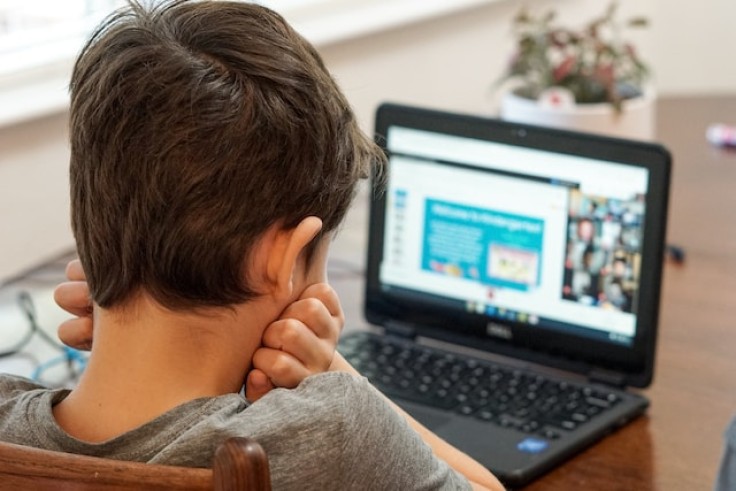
Curiosity is the driving force behind innovation, creativity, and knowledge. It's the spark that propels us to ask questions, seek answers, and explore the world around us. But how do we ensure that this innate sense of wonder, so vivid in children, isn't dulled as they grow up? Encouraging a lifelong love for learning begins at home, and research offers invaluable insights into nurturing this vital trait.
1. Creating a Stimulating Environment
A child's environment plays a pivotal role in shaping their learning habits. According to a study published in the journal Child Development, children raised in homes rich with learning resources, educational games, and activities are more likely to develop a persistent curiosity. Parents can:
- Incorporate diverse learning tools: From puzzles to nature kits, varied resources cater to different learning styles and pique a child's interest.
- Allocate a 'discovery corner': A dedicated space for exploration, be it a mini-laboratory or an art station, can work wonders.
2. Embrace the 'Growth Mindset'
Dr. Carol Dweck's research on the 'fixed' vs. 'growth' mindset offers profound insights into the power of beliefs in shaping learning behaviors. A growth mindset-the belief that abilities can be developed through dedication and effort-fosters a love for challenges and resilience in the face of setbacks.
Parents can:
- Praise the process, not just the outcome. Complimenting effort, strategy, and improvement fosters a growth mindset.
- Encourage risk-taking: Let children know it's okay to make mistakes. It's the effort and the learning from these mistakes that count.
3. Lead by Example
Children often model adult behavior. A report from suggests that children who see their parents read, ask questions and exhibit curiosity are more likely to adopt similar behaviors.
Parents can:
- Indulge in hobbies and share them. Whether it's stargazing, gardening, or pottery, sharing your passion can ignite similar enthusiasm in your child.
- Ask open-ended questions: Questions like, "What do you think happens when...?" or "How do you feel about...?" promote deeper thinking and exploration.
4. Celebrate Questions
A curious mind is full of questions. Instead of offering immediate answers, parents can turn these moments into learning opportunities.
- Engage in joint exploration. If your child asks why the sky is blue, dive into the science behind it together. Websites, documentaries, or simple experiments can turn questions into exciting learning journeys.
- Maintain a 'Wonder Journal': Encourage your child to jot down their questions. Dedicate time each week to seek answers together.
5. Expose Them to New Experiences
Variety is the spice of life and a fuel for curiosity. Regularly exposing children to new experiences can expand their horizons and kindle the desire to learn more.
- Plan educational trips: museums, botanical gardens, or historical sites can offer hands-on learning experiences.
- Encourage diverse friendships: Interacting with peers from different backgrounds can offer fresh perspectives and stimulate curiosity about cultures, traditions, and more.
In conclusion, fostering curiosity is a continuous journey interwoven with patience, encouragement, and love. As parents and caregivers, our role is pivotal in shaping the learners of tomorrow. By embedding curiosity into daily life and learning, we can hope to raise children who not only seek knowledge but relish the joy of discovery.